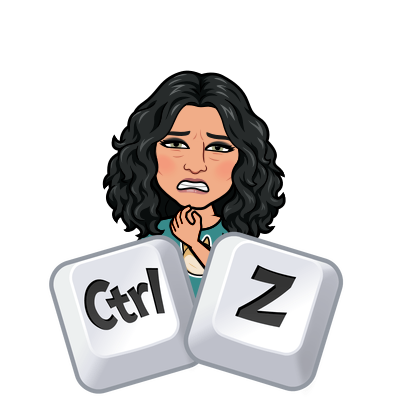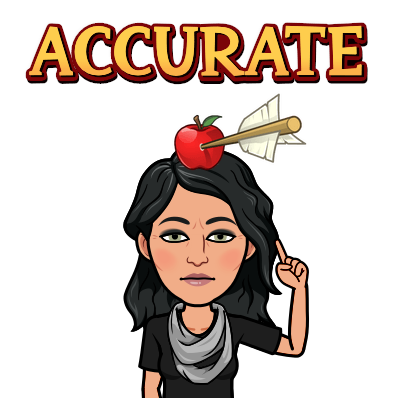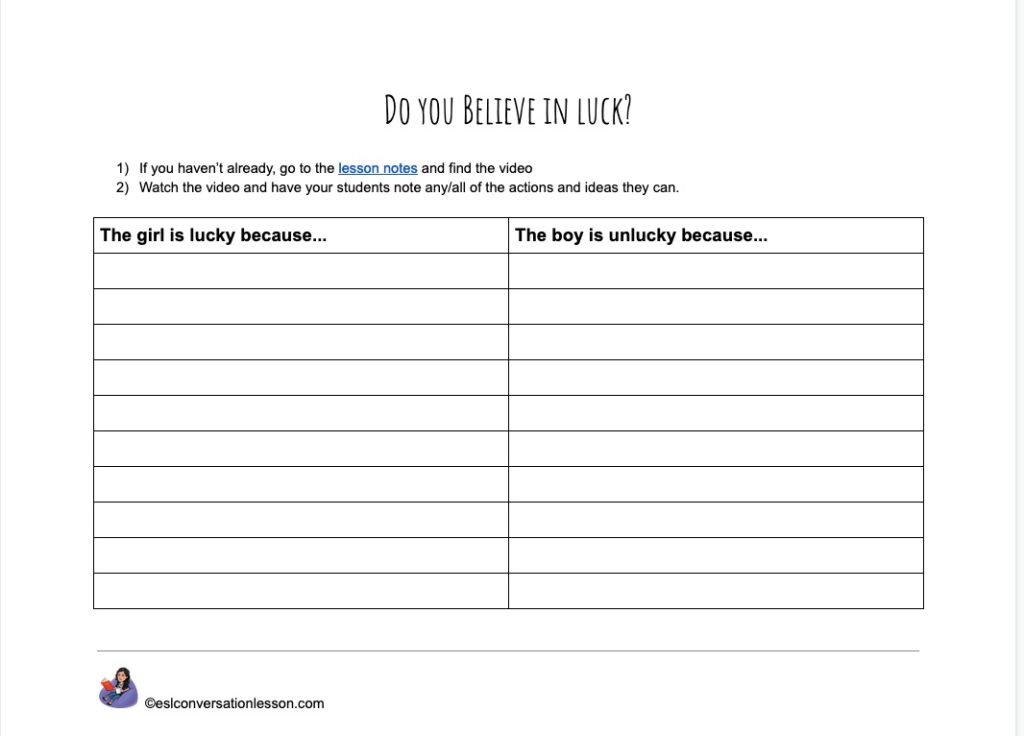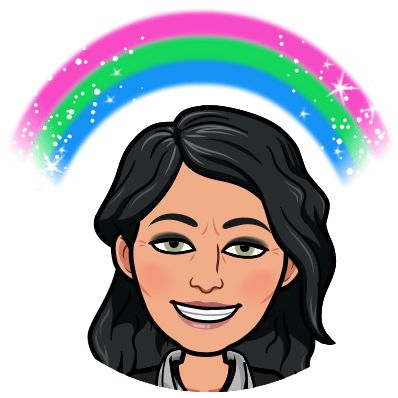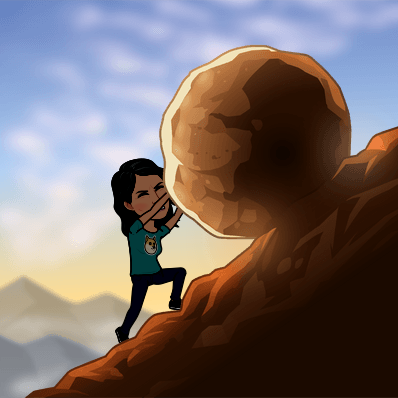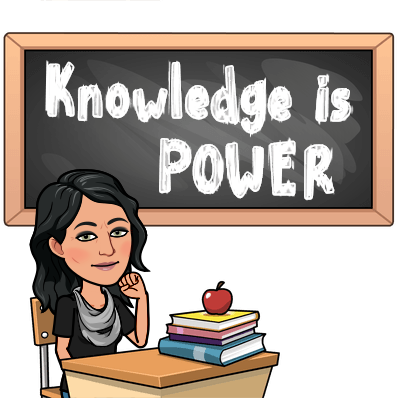Is failure always a bad thing? I think we all know the answer to that. However, whether consciously or unconsciously, the fear of failure might be telling us a lot about who we are and how we can turn that fear into a constructive element in our lives. If you are in the mood for an introspective discussion, watch author Elizabeth Gilbert (author of Eat, Pray, Love) talk about what failure has done for her.
As I listened to Gilbert’s talk, I found myself sifting through my memories for failures that became life-altering moments. It also reminded me of the discomfort of realizing that I had made a mistake, and how sometimes I failed at failing. That is to say, I didn’t reflect, I didn’t change. Instead, I filled those moments away never to think about them again.
But now that I am a mother, I witness how my children deal with failure and mistakes. It’s not always fun to watch them squirm and even harder to help them realize what went wrong and how to move forward. To soften the lesson, I find myself digging into my past only to find a treasure trove of my own embarrassments, imperfections and hurts (some caused and some received). I use these to tell them about my own mistakes–to model how being honest with yourself and others might be uncomfortable, but full of great learning experiences. In some respects, it’s the gift that keeps on giving, if you can stomach the process of listening to it.
Do a tell back of the main points in Gilbert’s presentation.
Are there elements in Gilbert’s presentation that relate to your life?
Do you have successes and failures that have marked your life?
How have your successes and failures defined your path? In other words, where might you be today if things were different?
Do you have an activity that you love more than anything that transcends the need to succeed or the fear of failure?

